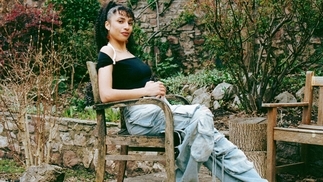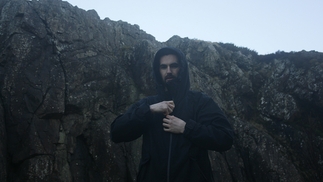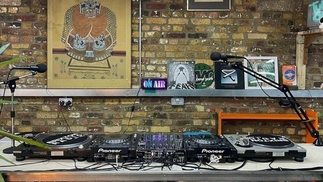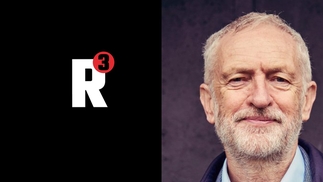Rave Reinvention
Renovated and re-opened in August with London's most advanced soundsystem
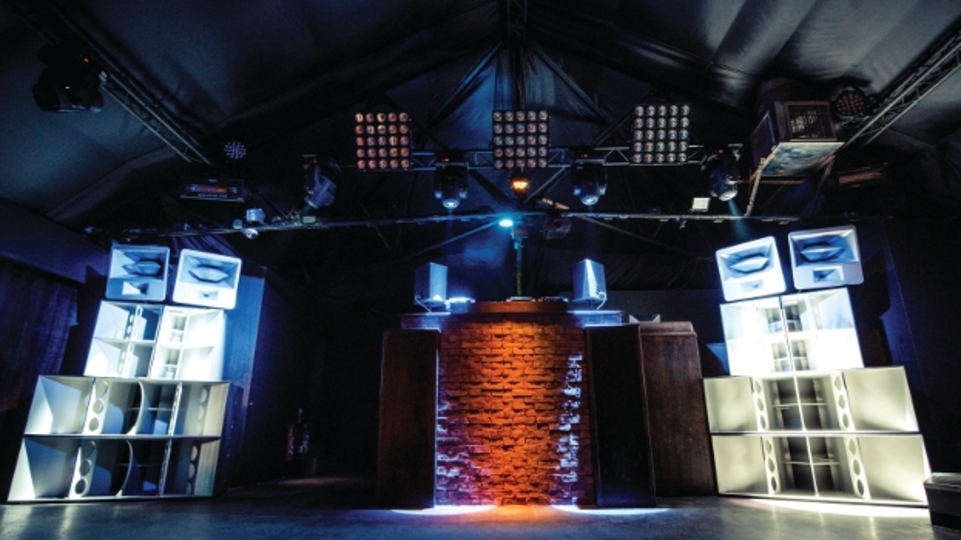
Located within the triangle that sits between London, Hertfordshire and Essex, Edmonton's Warehouse — in need of a makeover and new direction — closed its doors and underwent a massive refurbishment in the middle of June this year.
Previously famed for nights like Kinky Malinki, the first job was to rip out its soundsystem and think about freshening up its booking policy. Ten weeks later, August bank holiday saw the unveiling of this 21-year-old club in its new incarnation. A 700-capacity club, with two rooms, stripped back to its elemental design features, plus a brand-new smoking terrace, bar, VIP area and toilets — that actually work (unlike most “secret” warehouse spaces in the capital).
“The refurb was massive, hence the reason the club was shut for 10 weeks,” explains Club Warehouse's Paul Gardner. “Every area of the club has been replaced, but the biggest selling point is the new sound and lighting. The Warehouse has always had a great soundsystem, but the new system has taken it to another level!”
Fitted with a top-of-the-range F215 mk2 Funktion One stack — featuring 6x8x6 technology that “you won't currently find elsewhere” in London — the venue aims to deliver a high-end answer to the warehouse clubbing formula, providing the no-holds-barred enjoyment of a clandestine rave in an abandoned building without skimping on sound or facilities.
“We're fortunate enough to have had the name Warehouse for so long that now things have gone full circle,” explains Paul. “The name is extremely appealing; however the feel of the venue was a little dated. We decided to take the venue back to a more industrial feel in a way that would bring confidence to the 'Warehouse Party' concept. With so many on offer in London, it can be risky to put your trust into the pop-up events that are often plagued by poor sound, low amenities, and sometimes minimal production.”
Realising the name was contrary to its implication, at a time when warehouse parties were dominating London's precarious clubbing circuit, Paul and his team noticed an inviting opportunity to take the mantle of the capital's club scene. Sharpening up the booking policy, with the likes of Nick Curly, Kerri Chandler, Lee Foss, Dan Ghenacia, No Artificial Colours, Waifs & Strays, Alexis Raphael and Grant Nelson, at a venue pitched on the industrial border of home counties suburbia, Club Warehouse remains commercially viable but credible — in a perfect position to capture the vogue of modern clubland.
